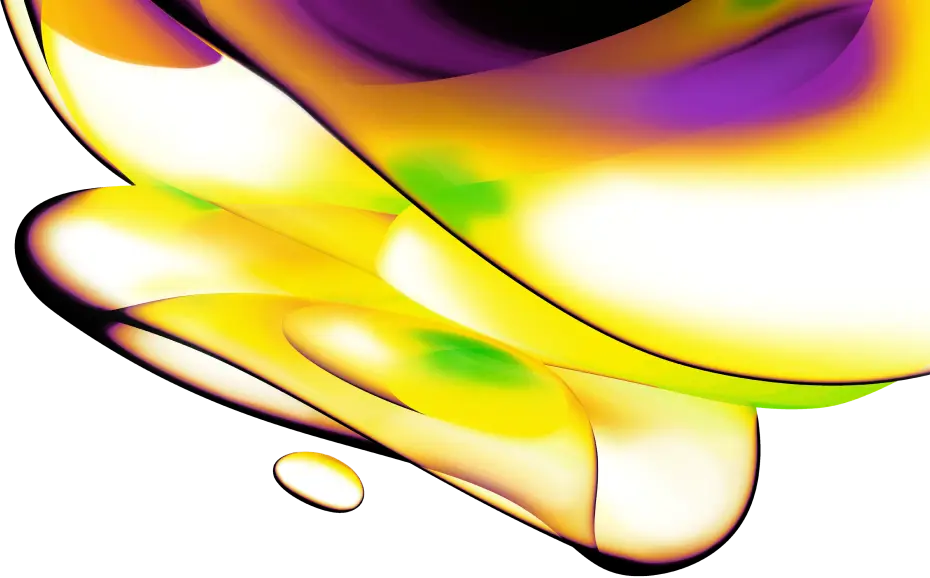
Talking about the lab’s use of their new Opera Phenix™ High Content Screening System, Steve Bagley says:
"We have applied the Opera Phenix High Content Screening System to a variety of assays from three different research groups within Cancer Research UK, Manchester Institute. Over the last three months, around 240 384 multi-well plates have been run for scale up, assessment and assays. We have found the Opera Phenix system able to visualize cells rapidly and accurately, provide complex analysis, and importantly allow both the novice and advanced user of HCS to quickly generate meaningful data.
We have assessed a variety of mitochondrial labels using the Opera Phenix system to investigate mitochondrial count, function and activity. Utilizing the Harmony software’s pattern recognition algorithms, mitochondrial segmentation and quantification has become a straightforward process. Our Drug Discovery team have been translating their translocation assays from a different system to the Opera Phenix system, and the evaluation part of the Harmony software is proving essential as the system allows for rapid profiling and calculation of Z’ and EC50s, thus accelerating their work. The system’s confocal spinning disk has enabled our Cell Signaling group to automate the 3D rendering and quantification of spheroids, which was previously carried out manually on an upright microscope stand with confocal illumination in a non-automated fashion.
Training users in proper use of the Opera Phenix system has been a simple process. Users who have some HCS experience have been trained in-house and quickly took to visualization and quantification with the new system. Less experienced users have been able to collect their own data with less than an hour of training, and with assistance can now process their data to achieve automated quantification".
For research use only. Not for use in diagnostic procedures.




























